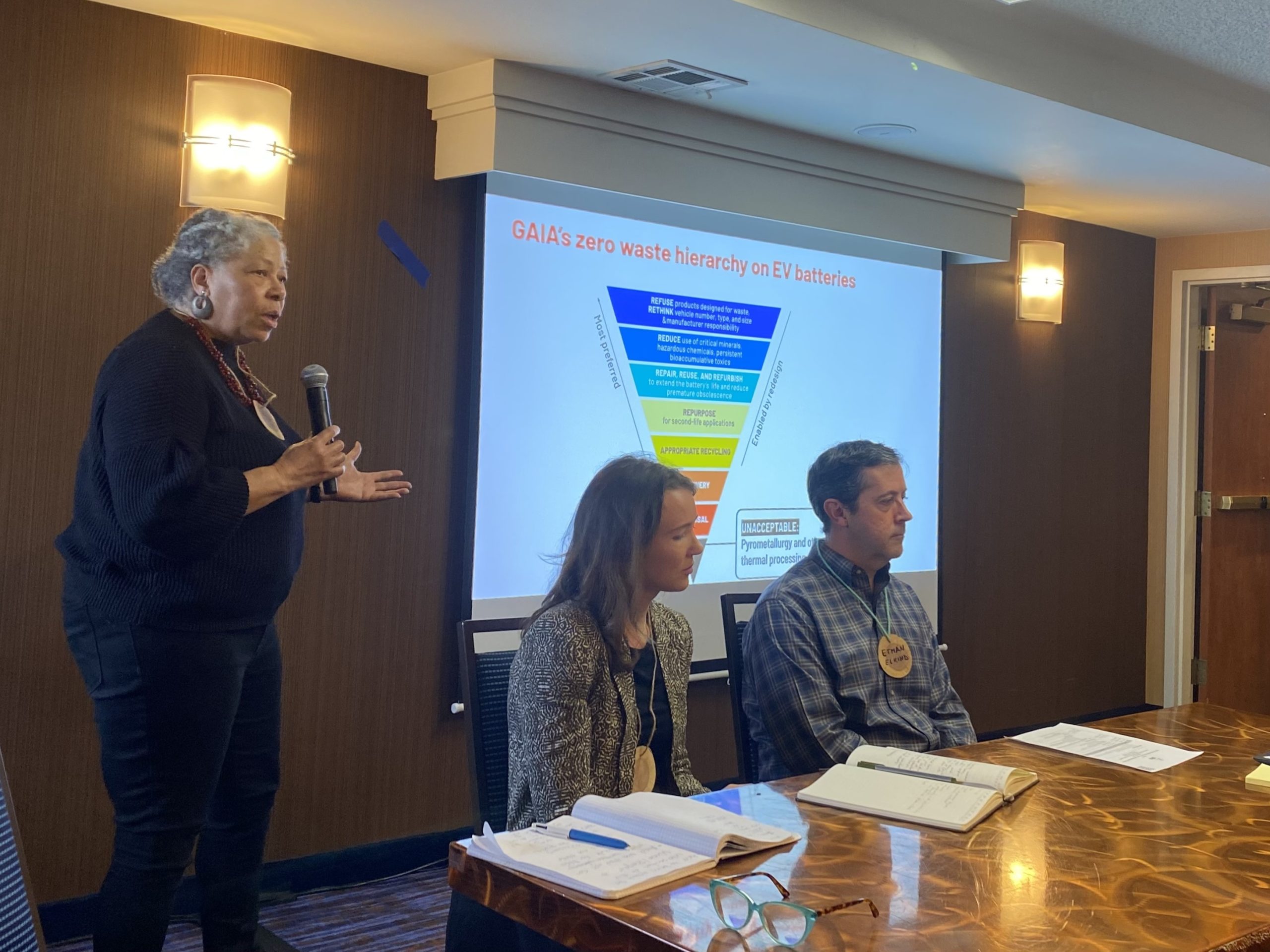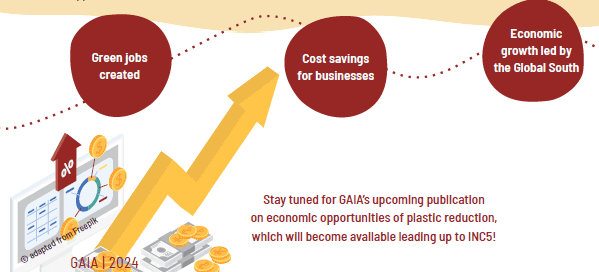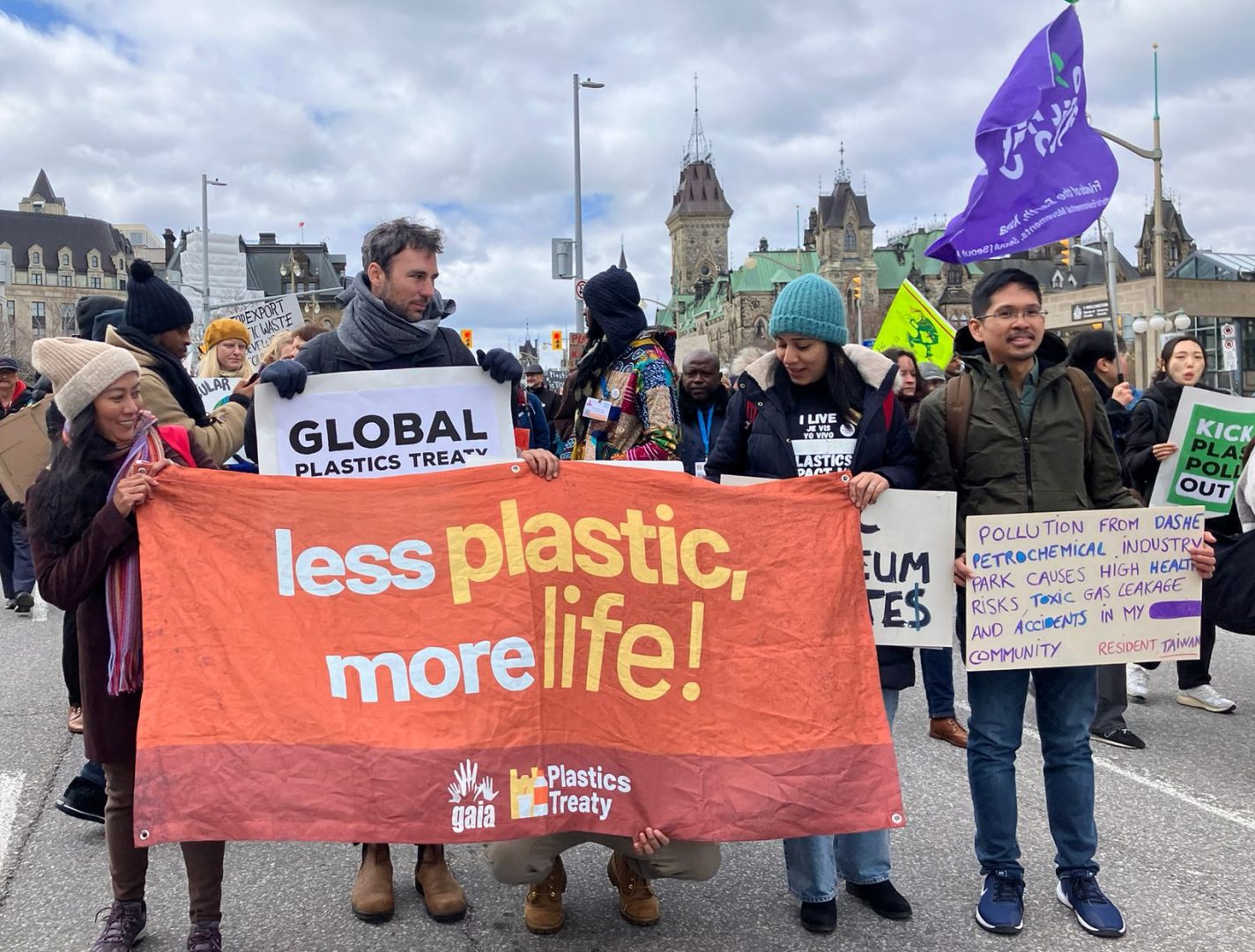Zero Waste Stories From Africa is a compilation of zero waste case studies from six different African countries. This publication celebrates the grassroots organisations leading these zero waste initiatives by documenting how their zero waste models work, best practices and the milestones in these projects. These organisations include: Association Zéro Déchet Sénégal, Centre for Environment Justice and Development (CEJAD), Environmental Rights Action/ Friends of the Earth, Nigeria (ERA/FOEN), Green Africa Youth Organisation (GAYO), Nipe Fagio, groundWork (gW), Asiye-eTafuleni (AeT), Urban Futures Centre (UFC) from the Durban University of Technology (DUT), Zero Waste Association of South Africa (ZWASA).
In the wine industry, single-use glass is heavily used for packaging. On the one hand, glass has the greatest environmental impacts compared to other packaging materials (i.e. PET, aluminium, and beverage carton). On the other hand, glass is 100% reusable and 100% recyclable at the end of its life cycle, and is an inert material, which makes it more suitable as a food contact material.
The reWINE project proves that a circular and more sustainable way of consuming wine is possible.
Let’s start the tasting tour!
Recircle has arrived to transform take-away restaurants. In two years, more than 400 restaurants across Switzerland are already using Recircle’s 70,000 reusable meal boxes.
A winning solution that prevents waste and saves money to restaurants and cities.
How Zero Waste and online shopping work together? RePack is a closed-loop system that can reduce ecommerce packaging by 96% while providing the same consumer experience as the disposable one.
Imagine expanding the life of electronic devices while incorporating blockchain traceability technology capable of creating 1 job for every 300 items reused. Now imagine ensuring a 95% recycling rate and transforming a cost for municipalities into revenue that stays in the community. This is not imagination, this is eReuse: a perfect example of how symbiosis between the digital agenda and waste management can create value, sustainability and jobs.
In November 2016, Freiburg decided to stop the flood of disposable coffee cups. Less than two years later, Freiburg has proven how a mid-size city can push for alternatives to the throw-away society and define the political agenda.
In 5 years, PHENIX saved 30.000 tonnes of food products and distributed 60 millions meals across France, proving that it is possible to prevent food waste and create new jobs while saving money.




























